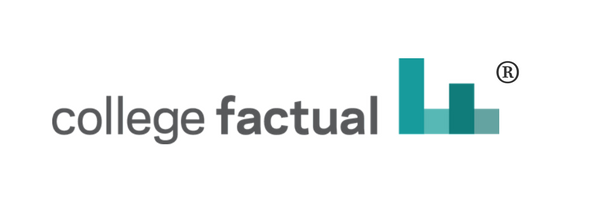Should I sign up for AP classes? The pros & cons
/Taking Advanced Placement or AP classes is one way you can earn college credit while still in high school. They are more rigorous courses that dive deeper into the content area and also help you prepare for college classes.
At the end of an AP course, you are given the option to take a test. The tests are about 4 hours long, and are divided into multiple choice and essay sections. The tests are scored on a scale of 1-5, 1 being the lowest and 5 is the highest. A 3 is considered a “passing grade” to most colleges, and if a student passes they may earn college credit for their work. Check this website to see what colleges accept AP credits.
When I was in high school, I took AP European History, Biology, US History, Government, and Literature. Although it may seem like you can’t lose while taking AP courses, it’s quite possible that AP courses aren’t for you. Like I said, they’re tough! Here are some pros and cons to AP classes and testing.
The Good
- College Preparation: There is no better way to prepare for college than by taking AP courses. While taking an AP course, there is only so much information that your teacher can give you in a class period. A lot of the learning you will do is independent, much like in college. When you’re attending a university, it’ll be your responsibility to motivate yourself to go to class, to glean whatever information you can from a lecture hall, and learn the information on your own. An AP class is the perfect stepping stone from high school to college, and if you plan on attending college after you graduate I strongly suggest tackling an AP course to help yourself prepare.
- Study Skills: Going hand in hand with college preparation, an AP class will help you learn how to study and how to study right. An AP test is a cumulative exam, meaning that any information that you learn in your course is fair game for the test. Because of this, it’s crucial that you are constantly studying for your exam throughout the school year instead of just cramming at the end. Throughout this process you'll quickly learn that a study method that works for your classmate may not work for you.
Time to study? Great! Let me just grab my notebook, textbook, highlighters, colored-pens, flash cards, snacks and energy drinks.
For example, I’m a very visual learner. I learn best when I make flashcards and take notes. However, I had several classmates who were auditory learners, who retained the most information from listening. In order to succeed in college, you will need to know what study methods work best for you, and an AP course is the perfect opportunity for you to discover this.
- College Credit (of course!): If you take and pass an AP exam you will earn college credit, saving you time and money in the future. Sounds good to me!
The Bad
- Stress! If you are a person who gets overwhelmed easily or gets stressed about a lot of homework, AP classes may not be for you. AP courses take a lot of time and effort, and are a huge commitment for both students and teachers. It’s important to know that while in these rigorous courses that a lot of your free time will have to go to reading and studying.
- High Stakes Testing: If you are a person who suffers from test anxiety or doesn’t test well, you might want to think before enrolling in an AP course. Not only will you be tested frequently throughout the course, but whether or not you earn college credit will be based on if you can pass the AP exam. No matter the subject, all AP tests are long and draining. If testing isn’t your strong suit, you might want to consider an alternate route for earning college credit.
- Cost: In order to receive college credit you have to take and pass the AP exam which costs $91 per exam. Some financial help is available to families with financial need. Depending on how many exams you take, this can represent a significant financial burden.
Don’t feel bad if you decide that AP courses aren't for you. There are plenty of other ways you can begin to earn college credit. A lot of high schools are developing “College in High School” programs in which you can actually enroll in college courses and take them at your high school with no charge at all! There are also tons of “Running Start” programs, in which you can actually go to a local community college or university and take courses. No matter what method you choose, there are several ways to get ahead, prepare yourself for college, and most importantly save time and money.
Increase your SAT or ACT with affordable, flexible test prep options.








